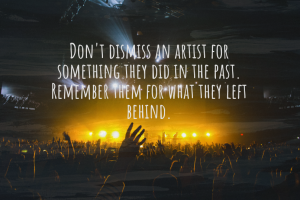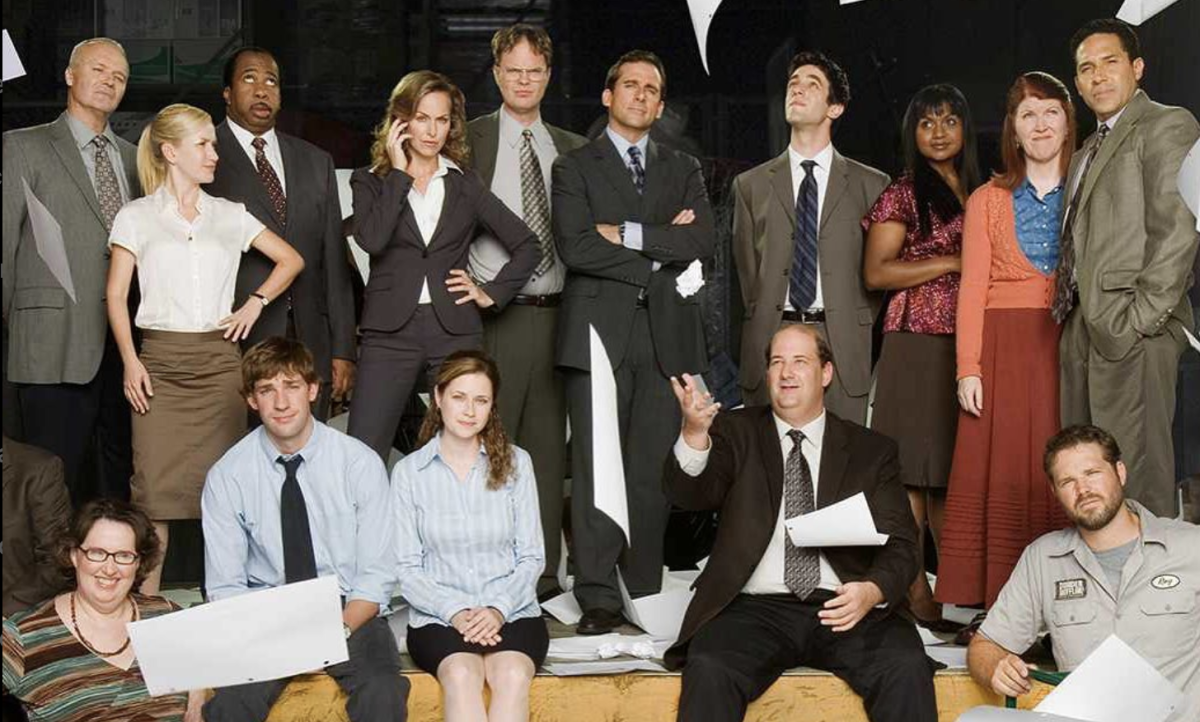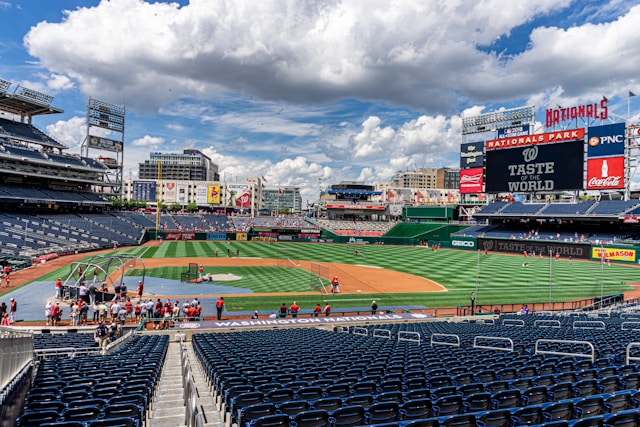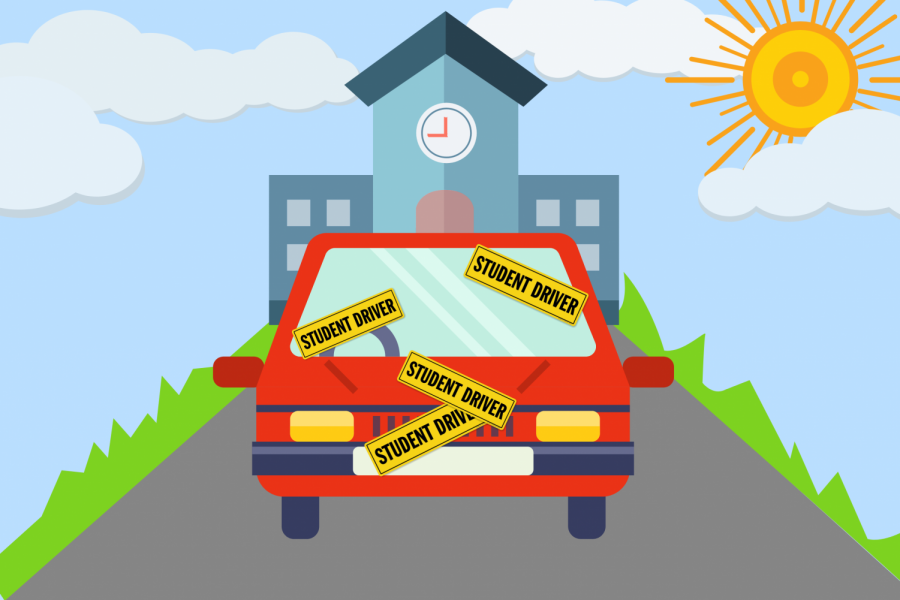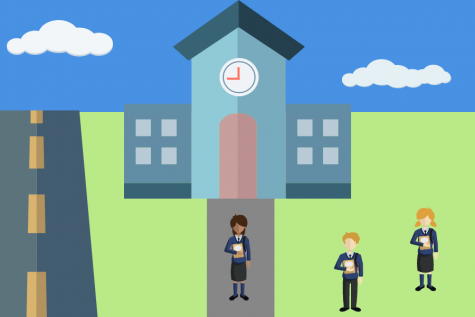Avoid a slippery slope for limiting free speech: separate art from the creator
May 5, 2019
Last month, rapper R. Kelly was charged with 10 counts of sexual abuse, including relations with underage girls. In the wake of these allegations, many have questioned whether it is still ethical to listen to his music. Although his alleged actions are deplorable, it’s critical to remember that people don’t have to view every piece of art in conjunction with the artist themself.
People shouldn’t immediately disregard the work of disgraced artists because it’s possible to value the art itself without celebrating the creator.
John Lennon was accused of domestic abuse, but when listening to his song “Imagine,” people can choose to solely celebrate the message of peace and unity. Recently deceased rapper XXXTentacion allegedly abused his girlfriend; but his music shouldn’t be immediately discarded. His music conveys powerful messages about mental health and allows listeners struggling with these issues to relate and feel less alone. As long as people are aware of the artist’s wrongdoings, they should be able to celebrate the art without disrespecting the victims.
Often, people’s first instinct is to ignore the work of disgraced artists. But public boycotts of an artist may actually draw more attention to their work in the media, creating the opposite of the intended effect by ensuring the artist stays in the spotlight.
Boycotting art because of the despicable actions of just one of the individuals involved discredits other contributors to the work, painting the controversial creator as the sole producer of the art. Walt Disney—who was speculated to be an anti-Semite and a racist—didn’t singlehandedly create his characters or stories, just as artists often have others help produce their works. If one were to boycott Disney, they would also boycott every cartoonist, script writer and voice actor involved in the production; the protests against him overlook and harm the other honest creators who poured their effort into the production.
Additionally, it’s hard to define the line an artist must cross before a person should boycott or avoid a piece of art. This line of thinking creates a slippery slope for limiting free speech simply based on whether an artist supports your beliefs. Also, oftentimes actions deemed normal in the era an artist lived are seen as problematic by today’s society. For instance, the use of the R-word is condemned by people today, but in past years artists and most of the general public were unaware of the negative implications of using the word.
Some argue that it’s counterproductive to value the work of disgraced artists because it demonstrates that their problematic actions are forgivable. But artists who have committed crimes will still be held accountable by the justice system regardless of how large their fanbase is. An individual doesn’t interfere with this process by valuing the artist’s work.
Only valuing art by fully law-abiding individuals may sound ethical; but in reality, it causes society to lose out on works of art that might do a lot of good on their own. Art is an autonomous and separate entity, and people can condemn an artist’s problematic actions while still valuing the work itself.



